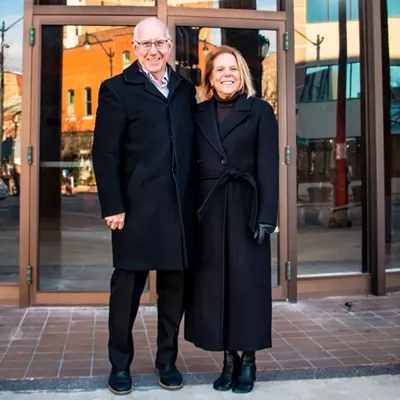By Pamela Savage
Anne Lester is a retirement expert, media commentator and speaker who brings years of experience working in the retirement space to young professionals. Most recently, she spent 29 years as head of retirement solutions for JPMorgan Asset Management’s Solution group. Today, Lester spends her time writing for and speaking to millennial and GenZ professionals about how to effectively save for their eventual retirement.
Q: What advice do you have for people who are overwhelmed by the financial aspects of retirement planning? This stuff is not rocket science, and if you are starting to feel like it is, take a big breath. If you are lucky enough to work for a company that offers a workplace savings plan, take advantage of that plan and contribute 10-12% of your salary to that plan. If you are able to do that, you are likely going to be fine. Outside of that, save as much as you can without making yourself feel really poor. I’m a firm believer in saving, but also allowing yourself to enjoy a lifestyle that is comfortable for you. People are all a little bit different; you have to figure out what motivates you and what your values are.
Q: What do you see as the main impediments to effective retirement planning? Our defined contribution systems require people to take a lot of ownership and agency in their savings process, meaning people have to sign up on their own and save on their own. This puts a big burden on the individual, and during my 20 years in the 401(k) world, I saw and learned a lot about the behavioral blocks that can get in the way of saving.
For those who do not have workplace contribution plans, do not get trapped into thinking that you have to do all the research before you step into the financial realm. Compared to doing nothing, anything you do is a version of better.
Q: What do you mean by behavioral blocks? By behavioral blocks, I mean that the future is unreal to us, and that uncertainty plays a role in saving for retirement.
Studies have shown that when a person thinks about themselves, a specific part of their brain lights up. When you ask that same person about a stranger, a different part of the brain lights up. But when you ask the person to think about themselves 10 or more years from now, the stranger part of the brain lights up, not the self part. So people have a hard time attaching to their future selves, and for this reason saving feels more like giving the money to the stranger, which literally hurts and makes you feel bad. So this is what I mean when I say our own wiring gets in the way.
Q: How do you recommend people overcome this obstacle? You have to hack your brain. By this, I mean you have to create an environment that takes savings out of your day-to-day financial decision making. If you can figure out what savings you need to put aside and take it out of the account before you even see it, you can stop wrestling with temptation.
This is difficult. We all have what I call a Today Guy and a Tomorrow Guy. The Today Guy sees something and wants it right away. Our consumer industry caters to the Today Guy and has figured out how to get you to buy stuff that you don’t really need. It’s similar to how Netflix asks you whether or not you want to continue watching the next episode of a show. Today Guy says, “Sure,” but Tomorrow Guy is going to regret impulsive decision-making. Thinking of finances, Tomorrow Guy is obviously better off if Today Guy saves the money,
So, in order to hack your brain, don’t even give Today Guy and Tomorrow Guy the chance to argue. Automate your money so that it moves into savings. Use technology to help so you don’t have to give it another thought. Put your money somewhere that is hard to get to. For emergency savings, think about putting your money in another account or even in another bank, so that you have to make a phone call to get it out. Making it just a little bit harder keeps you from giving in to temptation.














